Ryan Oestreich, general manager of the Music Box Theatre, has a bleak outlook on the fate of his historic showplace, now in its 91st year.
“There’s a good possibility it closes,” Oestreich said.
After the company was initially forced to close in March due to the pandemic, the Music Box reopened on July 3 with limited seating restrictions and safety measures in place. However, even with extensive precautions, the business is struggling to stay afloat due to public perception.
Oestreich believes people are more willing to have get-togethers at neighbor’s houses, even removing their masks, than they are to patronize their local theater, where masks are on, everyone is facing one direction, not talking and often 20 feet away from each other.
Business at the Music Box picked up briefly in July, falling off again in August, before resurging briefly in September due to the Christopher Nolan film “Tenet.” But by October, the company began to lose money again.
“What keeps me up at night is January and February,” Oestreich said. “I just, I don’t know that we’re gonna survive those two months.”
Five days after Oestreich was interviewed on Nov. 13, the Music Box announced it would be shuttering once more, as Chicago moved headfirst into yet another lockdown.
In the current climate, the fate of movie theaters—cultural institutions and community gathering spaces for the moviegoing public for the past one hundred years—remains uncertain.
Rachel Vigil, co-general chair of Doc Films, the volunteer-run film society and screening space operating out of the University of Chicago since the 1930s, said she wasn’t sure if movies would be released as much in theaters anymore going forward.
“Just because I don’t know if there will be as many theaters after the pandemic,” Vigil said.
Michael Caplan, an associate professor in the Cinema Department at Columbia College Chicago, said he thought certain cities—Chicago, Los Angeles, New York, San Francisco and Portland, Oregon—would continue to retain some independent theaters.
“But I think we were already on our way to Netflix and Amazon and Hulu becoming the independent film theaters of our life,” Caplan said.
Ironically, there is also the possibility that theaters screening older films versus solely new releases could have a greater advantage post-pandemic.
“Theaters [like ours] which are specializing in more films that have been out for a long time or are harder to see, harder to access on streaming platforms—I think they have a better model for that since the new releases will be super slowed down,” Vigil said.
She argues foreign new releases could be more plentiful in the immediate future, as depending on what country they hail from they may have recovered and resumed filming more rapidly than the United States.
Raul Benitez, the lead film programmer of Logan Square’s Comfort Station, has a positive outlook.
“I think arthouse theaters are going to fare a little bit better than some of the chains,” Benitez said. “The chains are more dependent because they’re so much bigger.”
Benitez said the chains are more dependent on blockbuster movies, many of which are on hold, and pointed out larger theatres also have a bigger overhead.
Caplan said there could be a return to a previous era of monopolies.
“Maybe there’ll be a resurgence after COVID gets under control, and Netflix—they start having their own specialty theaters which will only show their movies, which is weird because it goes full circle back to the ’50s,” Caplan said. “Monopolies where you had a studio who made the film, and they were the distributor, and they owned the theaters.”
Doc Films and Comfort Station are among the lucky ones. They are not in immediate danger due to university or city support.
The Music Box, however, is in danger right now.
“When people feel comfortable again, I think movie theaters will have a place,” Oestreich said. “The only problem with the waiting is that they might have fewer places to go see movies.”

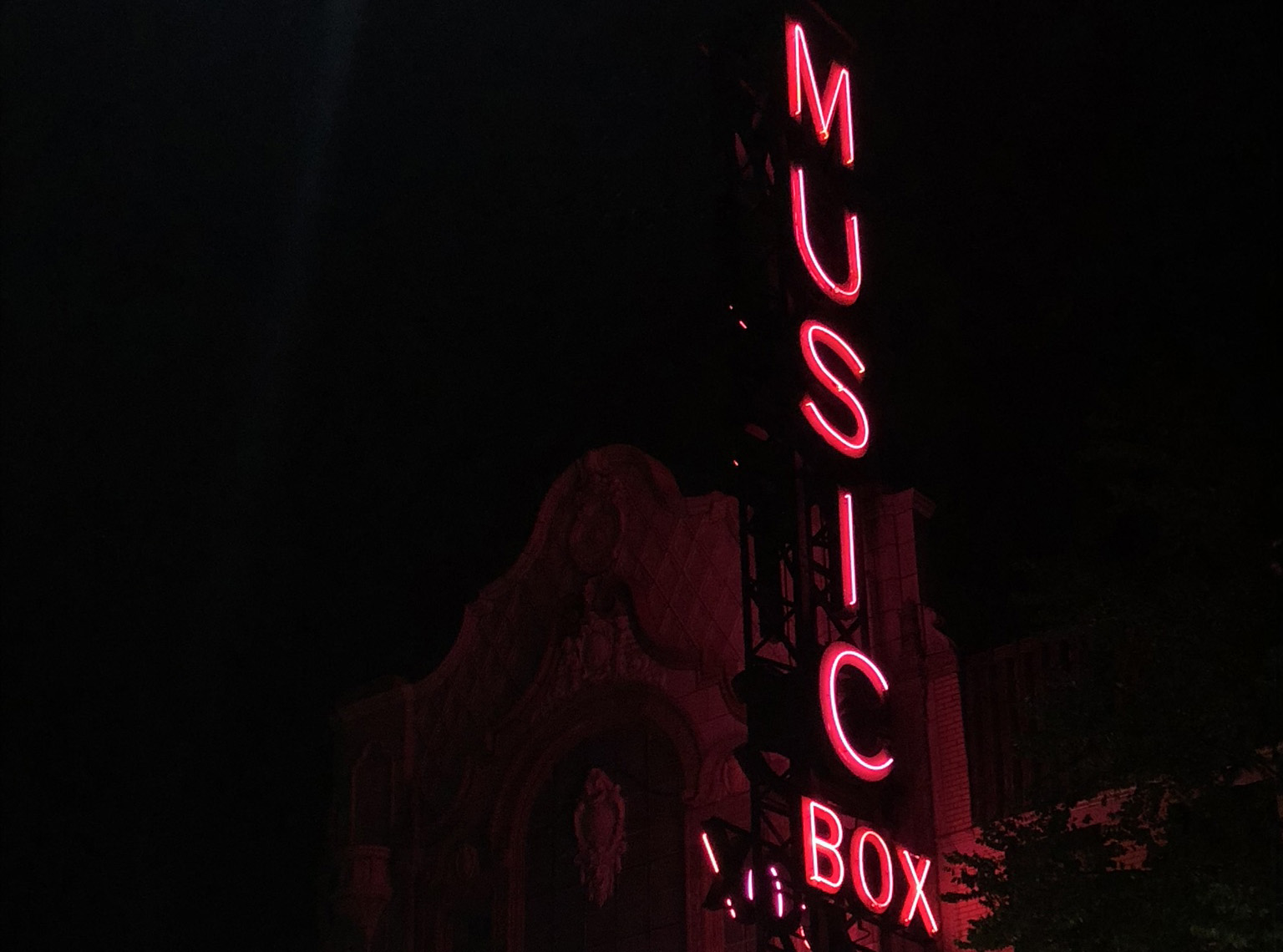





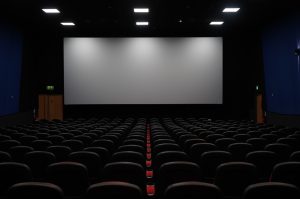
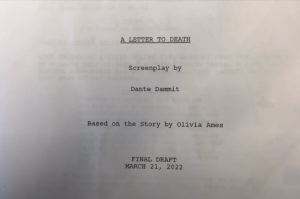


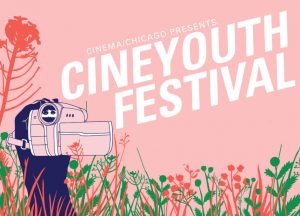
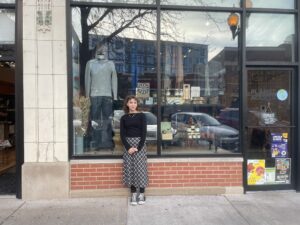



Be First to Comment